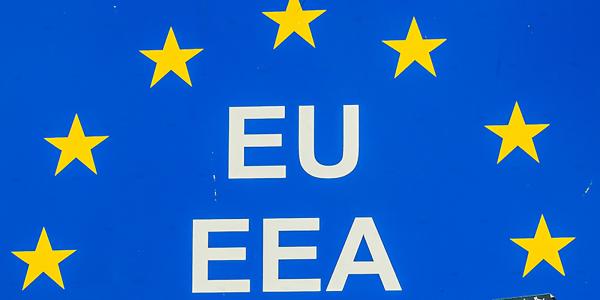EU and EEA countries

EU countries
There are currently 27 countries in the European Union (EU), as listed below:
- Austria
- Belgium
- Bulgaria
- Croatia
- Cyprus
- Czech Republic (Czechia)
- Denmark
- Estonia
- Finland
- France
- Germany
- Greece
- Hungary
- Ireland
- Italy
- Latvia
- Lithuania
- Luxembourg
- Malta
- Netherlands
- Poland
- Portugal
- Romania
- Slovakia
- Slovenia
- Spain
- Sweden
The United Kingdom left the EU on 31 January 2020. During the period from 1 February 2020 to 31 December 2020, known as the implementation period or transition period, EU law continued to apply in the UK.
You can find more information about the EU on its official website.
EEA countries
You are a European Economic Area (EEA) national if you are a citizen or national of one of the following countries:
- Austria
- Belgium
- Bulgaria
- Croatia
- Cyprus
- Czech Republic (Czechia)
- Denmark
- Estonia
- Finland
- France
- Germany
- Greece
- Hungary
- Iceland
- Ireland
- Italy
- Latvia
- Liechtenstein
- Lithuania
- Luxembourg
- Malta
- Netherlands
- Norway
- Poland
- Portugal
- Romania
- Slovakia
- Slovenia
- Spain
- Sweden
The United Kingdom left the EEA when it left the EU on 31 January 2020.
Iceland, Liechtenstein and Norway are EEA member states, but they are not members of the European Union (EU).
Switzerland is not a member of the EU or the EEA. However, Swiss nationals have rights which are similar to those of nationals of EEA countries.



